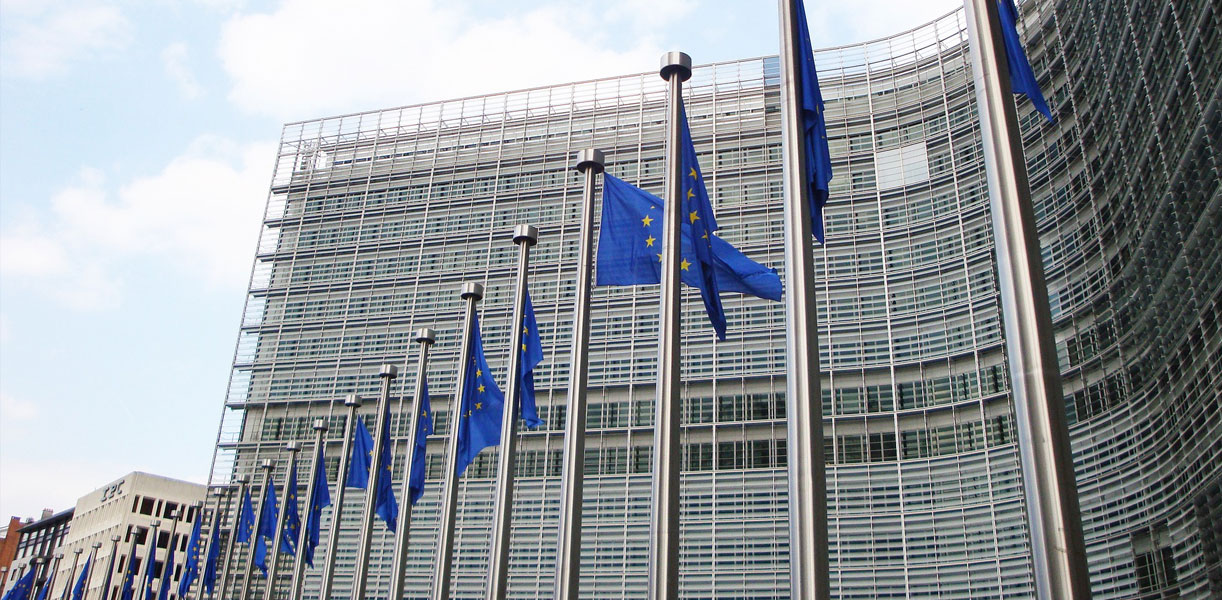According to the European Commission work program, by the end of June 2020, the EC will present a strategy for the integration of the energy sector. While working on the strategy, I expect input from all stakeholders and EU citizens.
The participation possibilities are presented below:
- Online engagement: stakeholders and citizens are invited to provide feedback on the development of the strategy via the Commission’s website
- Direct participation: all interested parties and citizens are invited to send comments via email
Elements influencing the shape of the strategy were formulated as questions:
- What would be the main features of a truly integrated energy system to enable a climate neutral future?
- Where do you see benefits or synergies?
- Where do you see the biggest energy efficiency and cost-efficiency potential through system integration?
- What are the main barriers to energy system integration that would require to be addressed in your view?
- How could electricity drive increased decarbonisation in other sectors? In which other sectors do you see a key role for electricity use?
- What role should electrification play in the integrated energy system?
- What role should renewable gases play in the integrated energy system?
- What measures should be taken to promote decarbonised gases?
- What role should hydrogen play and how its development and deployment could be supported by the EU?
- How could circular economy and the use of waste heat and other waste resources play a greater role in the integrated energy system?
- What concrete actions would you suggest to achieve this?
- How can energy markets contribute to a more integrated energy system?
- How can cost-efficient use and development of energy infrastructure and digitalisation enable an integration of the energy system?
- Are there any best practices or concrete projects for an integrated energy system you would like to highlight?
- What policy actions and legislative measures could the Commission take to foster an integration of the energy system?
In order to meet our climate objectives, while also guaranteeing secure and affordable energy for consumers, we need to better link up our energy system and exploit the synergies enabled by an integrated energy system.
First, there are opportunities to increase the use of (renewable and low-carbon) electricity via electrification of sectors that currently still rely on fossil fuels. Examples are the use of electric vehicles in transport, or of heat pumps for heating buildings.
Second, fossil-based gases and fuels can be replaced by renewable and decarbonised gases and fuels, especially in hard-to-decarbonise sectors such as air transport or certain industrial processes. Hydrogen produced from renewable electricity will play a key role in this context, together with the replacement of natural gas by biomethane produced from agricultural wastes, achieving thus a progressive decarbonisation of the gas sector. Such a process will require supportive market rules.
The objective of this initiative is to strengthen the necessary links across different sectors in our energy system, and to use every opportunity to reduce emissions. This integration of our energy system is necessary if we want to achieve a deep but also cost-effective decarbonisation of our economies. It will build a more decentralised and digital energy system, in which consumers are empowered to make their energy choices.



